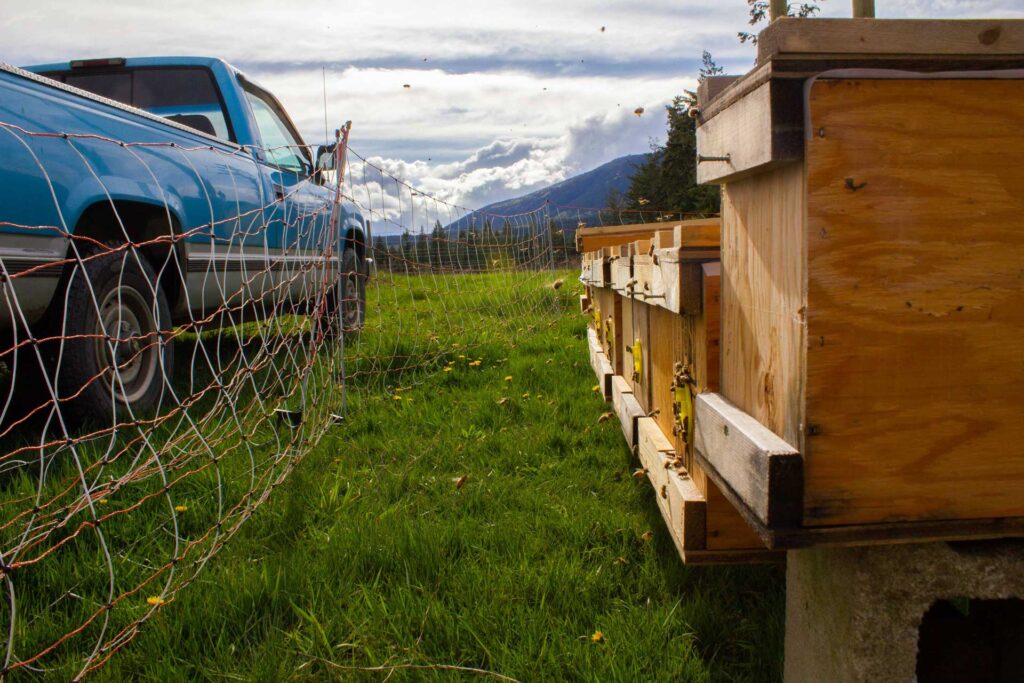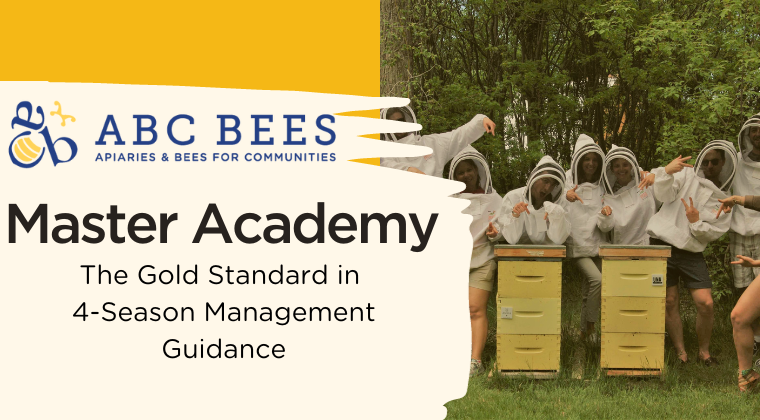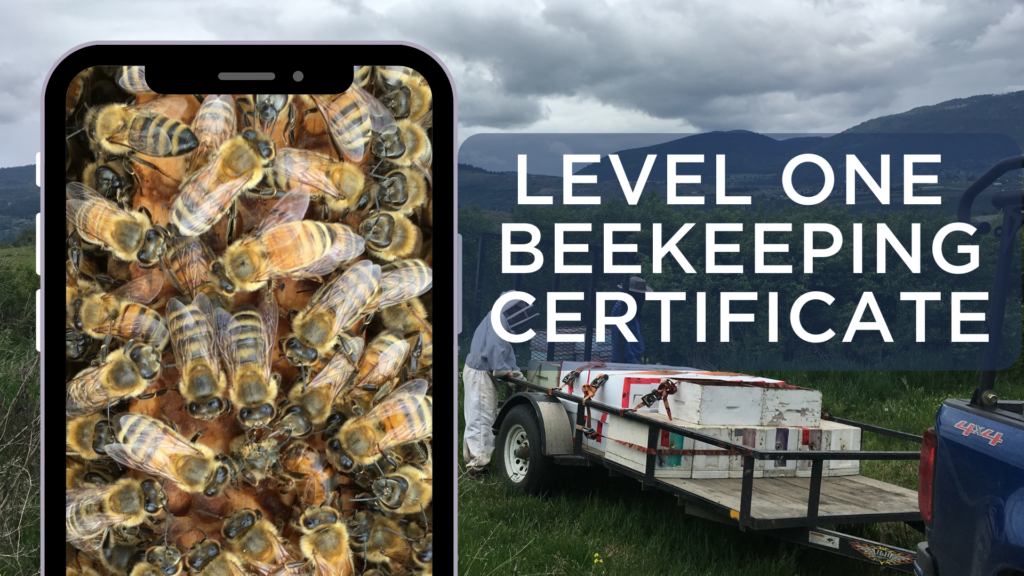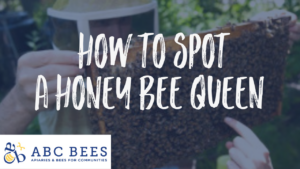Below is a checklist of questions to ask a honey bee retailer before purchasing bees from them.
1. What are you selling?
Are you selling packages, nucleuses, or full deep hives? This is important to understand so that you know what amount of bees you are receiving and how the receiving location should be set up prior to bee arrival.
2. Is the equipment the bees will be coming in new or used?
This information can help you avoid receiving old or damaged equipment as well as help you understand if your bees are starting off in a clean environment to help prevent the spread of pests and disease into your apiary or near hives
3. If I purchase a nucleus box, what should I expect to receive inside?
Nucleus should contain eggs, larva, capped brood and hatching brood. Inside should also include a full frame of honey.
4. When can I be expected to receive my bees?
Knowing when you will receive your bees and what the weather patterns ahead look like will help you decide what install methods should be used and better help your bees orientate with their new locations.
5. What is the age of the comb the bees will be coming on?
Knowing the age of the comb can help limit the buildup of bioaccumulation from chemicals used or brought back into the hives. The combs should not be black and should be cycled out of the apiary every four years and should let sunlight pass through.
6. Can you or have you had the apiary inspected by a provincial inspector and do you have proof of the inspection?
Asking to see an inspection report can help identify if the apiary has any pests or diseases inside the apiary.
7. What is the price for the bees and why?
Some sellers might be offering different queen stock or a certain genetic makeup of bees and that could fluctuate in price. Shortages of bees can also cause the price to fluctuate as they are a commodity. Always ask why if you are receiving cheaply priced bees.
8. Can I bring my own equipment and transfer frames into my equipment?
Transferring the seller’s frames into your personal equipment can help limit the spread of pests and diseases into your apiary. This will also help you know the quality of the equipment if no prior arrangements have been made for the seller to provide new bottom boards, boxes, and lids.
9. What have your integrated pest management strategies been and why did you use them?
Knowing what pest management strategies have been used on your bees can help you limit flare ups of pests and diseases inside your hive. Past treatments may only be limiting the spread or masking these issues. Knowing this information will help you decide if you need to continue or alter the pest management strategy once in your personal control.
10. Would you be willing to have the wax and dead bees tested if I pay for the tests?
With this information you can determine if there are, for example, foul brood spores in the colony, is the colony suffering from nosema and will give you a great image of what the overall health is of the colony before purchasing.







